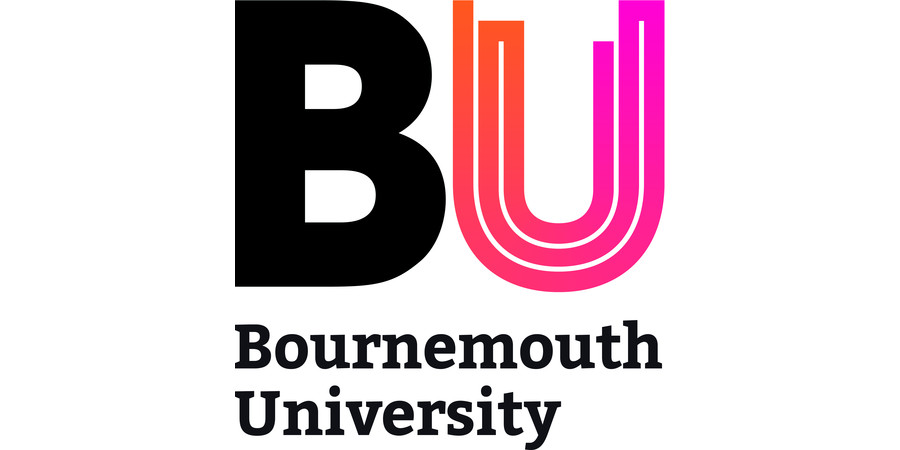PhD Studentship: Cereal Bars - Enhancing nutrition, naturalness and sustainability for consumer acceptance, consumption and benefit
Bournemouth University - Bournemouth University Faculty of Science and Technology
| Qualification Type: | PhD |
|---|---|
| Location: | Bournemouth |
| Funding for: | UK Students |
| Funding amount: | The funding includes fees, stipend, training costs for the student and research costs for the project |
| Hours: | Full Time |
| Placed On: | 19th June 2025 |
|---|---|
| Closes: | 5th July 2025 |
Lead Supervisor name:
Professor Katherine Appleton, email: k.appleton@bournemouth.ac.uk
Project description
Aims: This project aims to use a systematic approach to design, develop and test novel cereal bars for enhanced consumer benefit. These aims will be achieved by understanding consumer perceptions, food choices and consumption practices.
Rationale: Snacking is an eating behaviour, practiced by up to 95% of adult consumers, of increasing public health concern (1). Snacking, defined as the consumption of small food items between meals (2), is often incompletely compensated for, resulting in greater energy intake on days when snacking occurs, positive energy balance and body weight gain (1,2). Snack foods are also typically high in energy density, high in fat, salt and sugar, and low in wholegrains, fruits and vegetables (2), contributing to global morbidity and mortality outcomes, not only through excess energy intake (3). Some evidence, however, also suggests that the addition of snacks to the daily diet is not associated with weight gain, dependent on the snack consumed (1,2). Some snack foods or snack food ingredients (e.g. fruits, nuts, wholegrains) can provide body weight and health benefits through nutrient composition (3,4,5), and/or may contribute to reduced energy consumption by slowing eating rate through harder textures (6). Snack food ingredients that provide nutrients, are furthermore typically plant-based, so may be more sustainable, contributing to climate change reduction and global food security (7), and may be perceived more favourably by consumers as natural, clean and less processed (8). This project aims to design and develop novel cereal bars with ingredients chosen for nutrient benefit, sustainability and perceived naturalness, and subsequently test these novel products for consumer acceptance and impacts on eating rate, appetite, energy intake and subsequent satiation.
Outcomes: The work has the potential to have considerable academic and societal impact, and we aim to maximize this impact throughout the PhD programme. Given a focus on body weight and strategies to reduce this, with consideration for sustainability and current consumer preferences for naturalness, the project is timely. The combination of all three considerations for the development of novel snack foods is original and innovative with the potential for both human and planetary health benefit. The work will directly address current strategic aims for Bournemouth University, UK government initiatives for preventive health, and several of the United Nations Global Sustainable Development Goals.
What does the funded studentship include?
This is a fully funded PhD studentship.
The funding includes fees, stipend, training costs for the student and research costs for the project.
Eligibility criteria
A first class undergraduate degree and/or master's degree from a UK university in psychology, nutrition, food science or biomedical science.
Available to UK students or students with UK residency only.
The applicant will be expected to attend Bournemouth University in person on at least three days of the week, for all working weeks.
Deadline for applications: 12 noon (BST) on Saturday 5 July 2025
For further information on how to apply click the ‘Apply’ button above,
or email pgradmissions@bournemouth.ac.uk
Advert information
Type / Role:
Subject Area(s):
Location(s):









